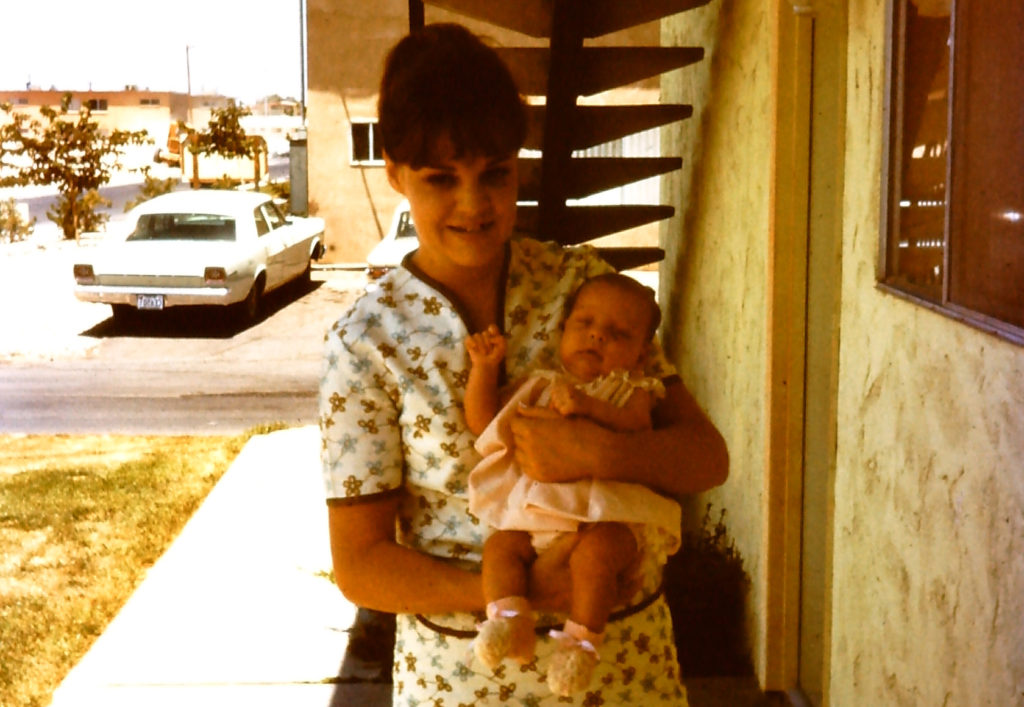Hannah Olson has series produced PBS’ “Finding Your Roots” for the past two seasons. Prior to that, she produced a number of films for PBS including “American Experience” and “The Italian Americans” and created the story concept for the 2019 Netflix series “Who Killed Malcolm X?” “Baby God” is her directorial debut.
“Baby God” premieres on HBO tonight at 9 p.m. EST.
This interview was originally conducted as part of our 2020 SXSW Film Festival coverage, prior to the fest’s cancellation due to COVID-19.
W&H: Describe the film for us in your own words.
HO: “Baby God” is the story of Dr. Quincy Fortier, a Las Vegas fertility doctor who secretly inseminated patients with his own sperm. The film follows people who have only just discovered, often accidentally, that he’s their biological father as they try to figure out who he is and why he did this.
W&H: What drew you to this story?
HO: I had heard that there was a doctor who had used his own sperm to inseminate his fertility patients. I was attracted to the story because I was interested in placing doctor/patient conversations within the context of our current discourse on the idea of consent.
But then I started looking into the story and was shocked to learn that there was more than just one doctor — there are at least 20 physicians who have done this. It’s a thing.
The fertility field has long been unregulated and until very recently, there was no way to check whose sperm was being used. But now with the rise of commercial DNA, there’s a very public, cheap, and accessible way to see if the stories we’ve told ourselves about our families and our histories are, in fact, true.
W&H: What do you want people to think about after they watch the film?
HO: I hope it’s a film that will give people the time and space to reflect on their own lives, families, and identities.
W&H: What was the biggest challenge in making the film?
HO: It’s a broad and wide-ranging story but I like to tell smaller, more intimate stories. It was hard for me to negotiate that balance.
W&H: How did you get your film funded? Share some insights into how you got the film made.
HO: I brought the story to Heidi Ewing and Rachel Grady of Loki Films, whose work I really respect, and they dug the idea. Together we brought it to HBO and they commissioned the film.
W&H: What inspired you to become a filmmaker?
HO: I have always really loved watching movies but never thought that being an independent filmmaker was a realistic career for me. I don’t have a financial safety net and it’s a risky career in general. I worked as a television producer for many years while I figured out how to turn my ideas into viable films and summon the courage to express myself creatively.
W&H: What’s the best and worst advice you’ve received?
HO: I think there is an idea, especially for women working in television, that if you work hard enough, long enough for a production company, someone will let you direct something. This is not true. Nothing is given out.
The advice I wish I had received is when you’re coming up in this industry, your IP is your most valuable currency. Do not give your ideas away.
W&H: What advice do you have for other female directors?
HO: Share financial information with one another. Some people think it’s gauche but I think it’s extremely important. We know for a fact that we aren’t paid equally. And the patriarchy pits us against one another, furthering the chance that we’ll be isolated in our financial negotiations and therefore paid unfairly. The more united we are, and the more information we can share with one another, the better chance we have of being paid fairly.
W&H: Name your favorite woman-directed film and why.
HO: I really loved “Winter’s Bone” by Debra Granik.
W&H: What differences have you noticed in the industry since the #MeToo and #TimesUp movements launched?
HO: I am not sure how much actual behavior in the industry has changed, but I do think that there is now — finally — a shared language that we can use to talk about what’s going on. Our experiences vary widely and, in the past, I don’t think there was a word or phrase that united all of these disparate experiences into something for which we had words. And now that language exists, and that is very helpful.







